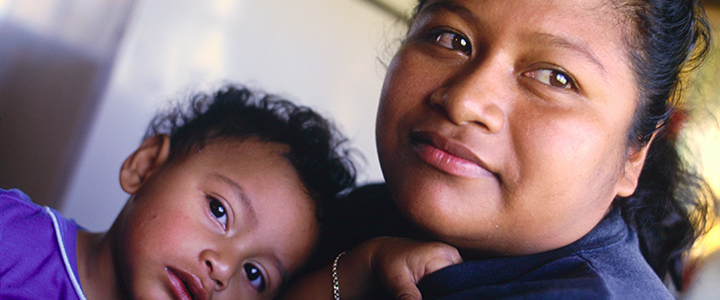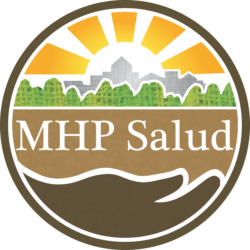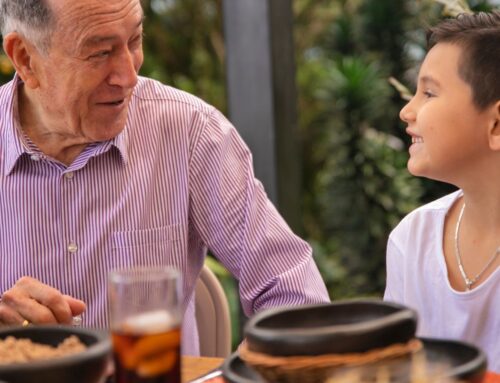The Results are in, and They Prove the Effectiveness of CHW-led Maternal-Child Health Programs
It’s no secret that we are huge advocates of using the Community Health Worker model to increase breastfeeding rates among underserved populations. It’s an effective strategy that addresses the cultural barriers that many Hispanic women face when trying to access healthcare resources for maternal-infant health. The health and economic benefits of breastfeeding are well documented. However, despite breastfeeding’s distinction as an important public health issue, breastfeeding rates among the U.S. Hispanic population fall below Healthy People 2020 targets. There is an urgency to identify strategies that can increase exclusive breastfeeding rates among the U.S. Hispanic population. The Community Health Worker (CHW) model is one of these promising strategies. You don’t need to take our word for it either, we have the data to prove it.
From 2014 – 2016 ,we utilized Community Health Workers were as breastfeeding peer counselors in our “Amor Maternal” (Maternal Love) program. The program served 160 women in Cameron County, Texas. The goal of the program was to inform pregnant women and new moms about the benefits of breastfeeding via home visits, with the goal of increasing breastfeeding rates. Other topics included general infant or prenatal health information, nutrition, and common concerns for recent mothers. Over the course of twenty-four months, our Community Health Workers conducted a total of 582 prenatal and 1,504 post-partum visits. The results were astounding.
Ninety-seven percent of program participants initiated breastfeeding. For comparison, the CDC notes that 81% of recent Texan mothers breastfed in 2015. Seventy-four percent of the participants continued to breastfeed exclusively for six weeks from the time of birth, and 35% of our program participants were exclusively breastfeeding at six months. That is 15% higher than the 2016 Texas rate provided by Healthy People 2020.

Children that were breastfed as infants tend to have better immune systems later in life.
There were health returns on prenatal visits too: Of the 133 live births attended during the program, only 3.1% of infants were recorded with low birth weight, significantly lower than the national average of 8%!
Ultimately, breastfeeding is an important public health issue to address given the far-reaching health and economic benefits. Our data proves that CHW-led programs are a promising strategy in addressing breastfeeding rates among the U.S. Hispanic population. Furthermore, our results show that these programs increase the rate of women exclusively breastfeeding at six months. If you are interested in reading more about our maternal-infant health programs, and how Community Health Worker programs can lead the charge in promoting breastfeeding among Latino communities, please read our full report.
About MHP Salud
MHP Salud has over thirty years of experience implementing CHW programs and training organizations looking to start and/or strengthen their own CHW programs. For more information about MHP Salud, our services, and how we can help you, please email us at info@mhpsalud.org







